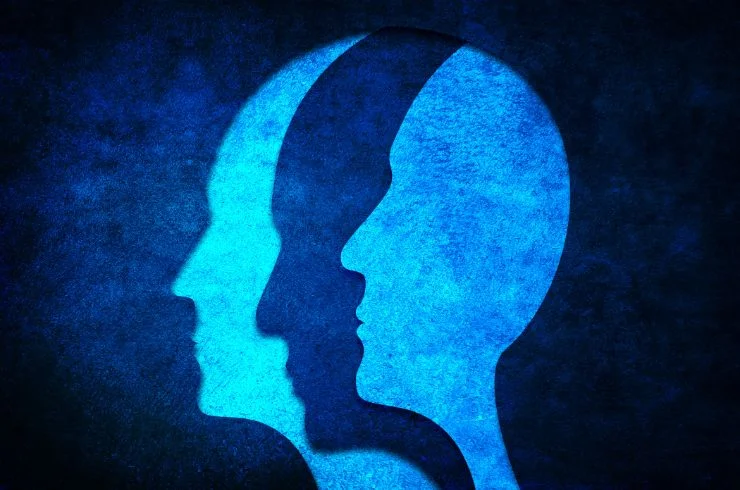Bipolar disorder

Bipolar disorder is a mental health condition characterized by significant mood swings, including emotional highs (mania or hypomania) and lows (depression). These fluctuations can affect energy levels, activity, sleep patterns, and the ability to think clearly. The disorder is often classified into different types: Bipolar I, characterized by manic episodes lasting at least seven days or requiring hospitalization, and Bipolar II, defined by a pattern of depressive episodes and hypomanic episodes that are less severe than full mania.
Symptoms of mania may include increased energy, reduced need for sleep, and impulsive behavior, while depressive episodes may bring about feelings of hopelessness, fatigue, and a loss of interest in previously enjoyed activities. The exact cause of bipolar disorder is not fully understood but is believed to involve a combination of genetic, biochemical, and environmental factors.
Diagnosis typically involves a thorough evaluation by a mental health professional, and treatment often includes a combination of medications, such as mood stabilizers and antipsychotics, along with psychotherapy. Early diagnosis and appropriate management can help individuals lead productive lives and minimize the impact of the disorder on their daily functioning.